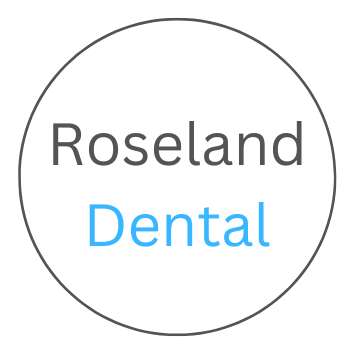Wisdom teeth, also known as third molars, are the final set of teeth to erupt in the back of the mouth. While some people experience no issues with their wisdom teeth, others may face complications due to impacted wisdom teeth.
Understanding Impacted Wisdom Teeth: Impacted wisdom teeth occur when there is not enough space in the mouth for them to fully emerge or develop properly. As a result, they remain partially or fully trapped within the gum tissue or jawbone. This condition is quite common and can lead to various dental issues.
Potential Problems and Symptoms: Impacted wisdom teeth often cause localised pain and discomfort, especially when they press against nearby teeth or surrounding tissue.
The partial eruption of impacted teeth also creates pockets where food particles and bacteria can accumulate, increasing the risk of infection and gum disease. The lack of space can cause neighbouring teeth to shift, leading to misalignment or crowding, potentially impacting your bite. Partially erupted wisdom teeth are also challenging to clean properly, making them susceptible to tooth decay and cavities.
Diagnosis and Treatment Options: If you experience persistent pain or other symptoms indicating impacted wisdom teeth, it is essential to seek dental care. Your dentist will conduct a thorough examination, which may involve X-rays, to assess the positioning and condition of your wisdom teeth. In some cases, your dentist may choose to monitor your impacted wisdom teeth if they are not causing immediate problems. Regular check-ups and X-rays will help track their development and determine if further action is necessary.
Extraction is often the most common solution for impacted wisdom teeth causing pain, infections, or other dental issues. The procedure can be performed by a dentist or an oral surgeon under local and for the nervous patient, treatment can be carried out with IV sedation.
Post-Extraction Care: Following wisdom teeth extraction, it's crucial to follow your dentist's post-operative instructions for a smooth recovery. These instructions typically include:
Medication: Your dentist may prescribe pain medications or recommend over-the-counter pain relievers to manage any discomfort after the extraction.
Oral Hygiene: Maintaining good oral hygiene is crucial. Gently brush your teeth, avoiding the extraction site, and rinse your mouth with warm saltwater to promote healing and prevent infection.
Diet and Activities: Stick to soft foods and avoid chewing near the extraction site. Limit strenuous activities that could disrupt the healing process.
Follow-up Appointments: Attend any follow-up appointments as scheduled to monitor your healing progress and address any concerns.
Dealing with impacted wisdom teeth can be uncomfortable and potentially lead to oral health complications. If you are having problems with your wisdom teeth and experiencing pain or discomfort, please contact us at Roseland Dental to book a consultation with our oral surgeon.
Consulting with our oral surgeon and following our recommendations is vital in determining the best course of action. Whether it involves monitoring the situation or opting for extraction, addressing impacted wisdom teeth promptly will help alleviate discomfort and maintain your oral health in the long run.

